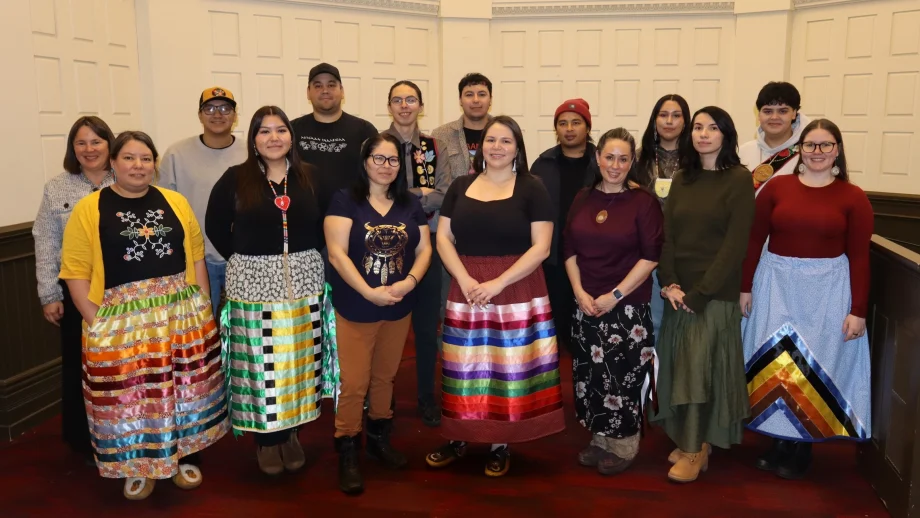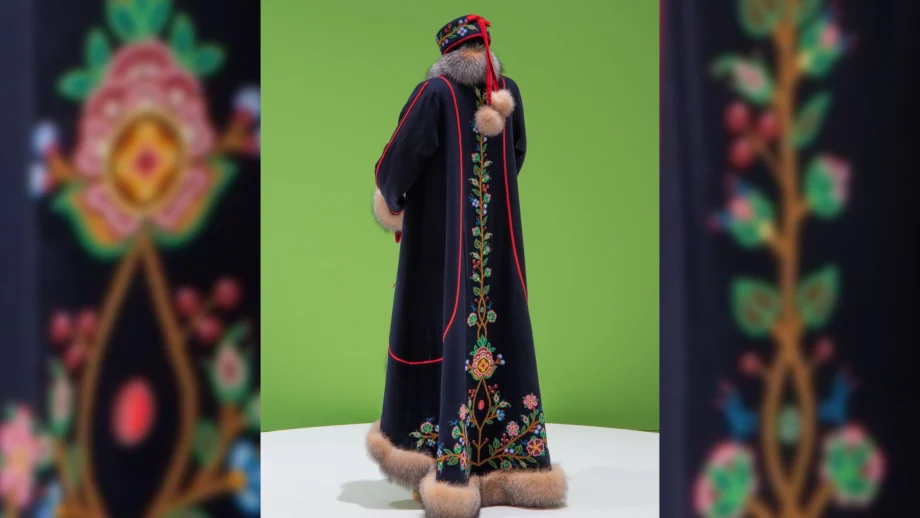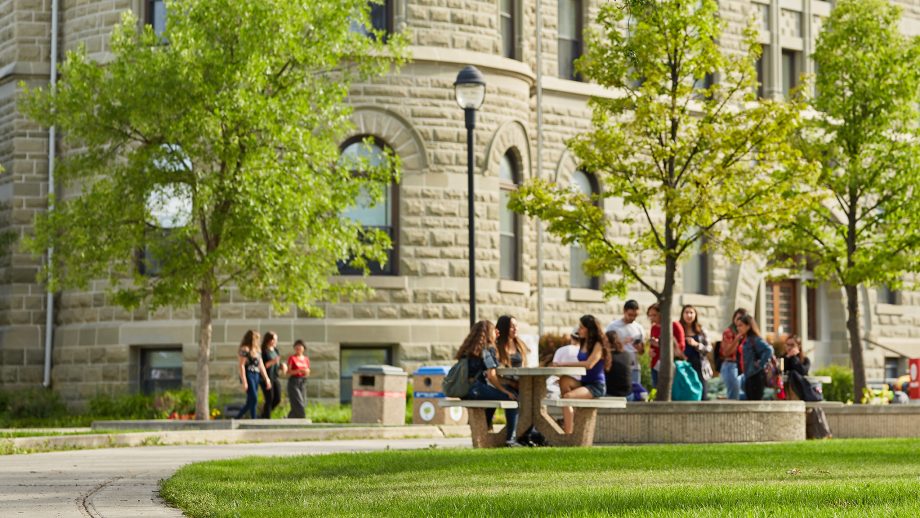Indigenous people are overrepresented in Canada’s criminal justice system as both victims and offenders, according to the Canadian Department of Justice.
Social worker Jennifer Meixner was working with the Contemporary Criminal Justice System (CJS) for 10 years and realized these statistics first hand. She also recognized the system was not working for Indigenous people.
This caused her pause, to critically think what her role was in the system, and how she could help find solutions to improve it. Meixner recognized the limitations of the CJS and its inability to correct the overrepresentation of Indigenous people.
This idea — De-Colonizing Criminal Justice Perspectives: Roles of Indigenous Innovations in Manitoba — is now the basis of her research for her Masters on Indigenous Governance at UWinnipeg, under the supervision of Dr. Shailesh Shukla (Indigenous Studies) and partly supported by the Marsha Hanen Global Dialogue and Ethics Award from Global College at UWinnipeg.
Meixner wanted to explore alternative approaches and find solutions. Meixner, who is Métis, engaged the community at the grassroots level. She began her journey with Elders in the community to help direct her research and respectfully engage with the community. She explains, “I needed guidance because it wasn’t my experience. I didn’t know how to navigate within the community.”
From the Elders, Meixner learned very quickly that her research was framed in a colonial context and she needed to shift the questions and the solutions to an Indigenous perspective. Through her research, Meixner found that at the local community grassroots level, there were already individuals and community initiatives putting Indigenous knowledge and values into action to address social issues such as violence, crime, and safety.
“I also became acutely aware of the importance of celebrating and recognizing community leaders, members, and organizations for their contributions for social justice in the community,” shared Meixner.
She conducted individual interviews with Indigenous community leaders and organizations, as well as two talking circles — one with Indigenous people who experienced conflict with the law, and the second, with former front line employees of the criminal justice system that were both Indigenous and non-Indigenous.
“Jennifer’s community-based action research underscores the potential of Indigenous wisdom and perspectives in informing and transforming criminal justice system outcomes in Manitoba, and hopes to inspire research to examine contributions of Indigenous wisdom-led innovations in other disciplines, including sciences,” said Shukla.
Meixner recently presented her findings at a community gathering held at the Indian & Metis Friendship Centre. Mobilizing Dialogue on Criminal Justice Interventions and the Roles of Indigenous Innovations in Manitoba included Elders, community leaders, and the community — with the purpose to engage in a meaningful dialogue, contributing insights, and connecting with like-minded change makers.
Mexiner’s observations noted the lack of scholarly understanding of local Indigenous innovation — meaning Indigenous-led thought and community-based action for improvement grounded in Indigenous knowledges. This relevant work is already practiced on the front-lines in the communities, but is not recognized for how it relates to identifying and producing positive criminal justice outcomes.
“Indigenous innovation is a revival of traditional teachings and an implementation in a modern context of traditional teachings,” explains Michael Champagne, a community leader that Meixner has engaged in the conversation. “As the definition of innovation implies something new, I would argue that majority of the quote on quote, innovative practice, we see happening in 2018 related to the justice system, especially the justice system being led by Indigenous people, is simply revival of traditional teachings as opposed to anything at all that is new.”
Other findings include that racism plays a major role in the CJS. This is a significant barrier in the effectiveness of the CJS for Indigenous peoples – it was confirmed in this study, and brought to light by community leaders (innovators), as well as in both talking circles. Which confirms previous findings.
But more importantly, despite many reports and recommendations to improve the system by integrating Indigenous innovation, like traditional healing and the implementation of Indigenous culture and spirituality in the CJS, they have not yet been implemented and/or are ignored.
Meixner found participants of the study are not satisfied with the lack of response from the government to correct the injustices inherent in the criminal justice system. They talked about wanting self-determination as it relates to justice; their respective community’s own restorative justice models, responsibility for Gladue reports, community involvement in sentencing, and more culturally specific programming that is supported equally to western programming, language, and land-based programs.
Many of the Indigenous innovations (community-led action) happening right now was initiated in response to a system that continues to perpetuate the colonialism “we’re tired of waiting, so we will do it ourselves” and/or a process of reclaiming power.
However, there is hope. This research is just the beginning of working to find a solution based on research, tested outcomes Indigenous innovation, and community engagement.
“We are now planting the seeds to continue to build on the existing positive networks in the community,” shared Meixner. “We need to build strategies to overcome barriers. We need to empower the people.”






